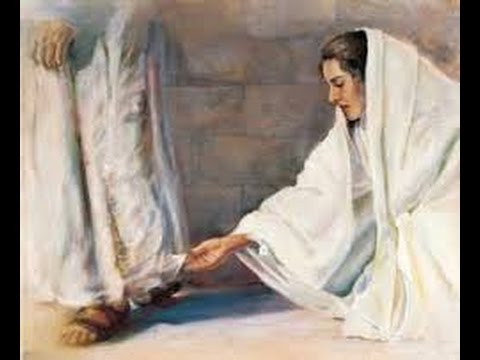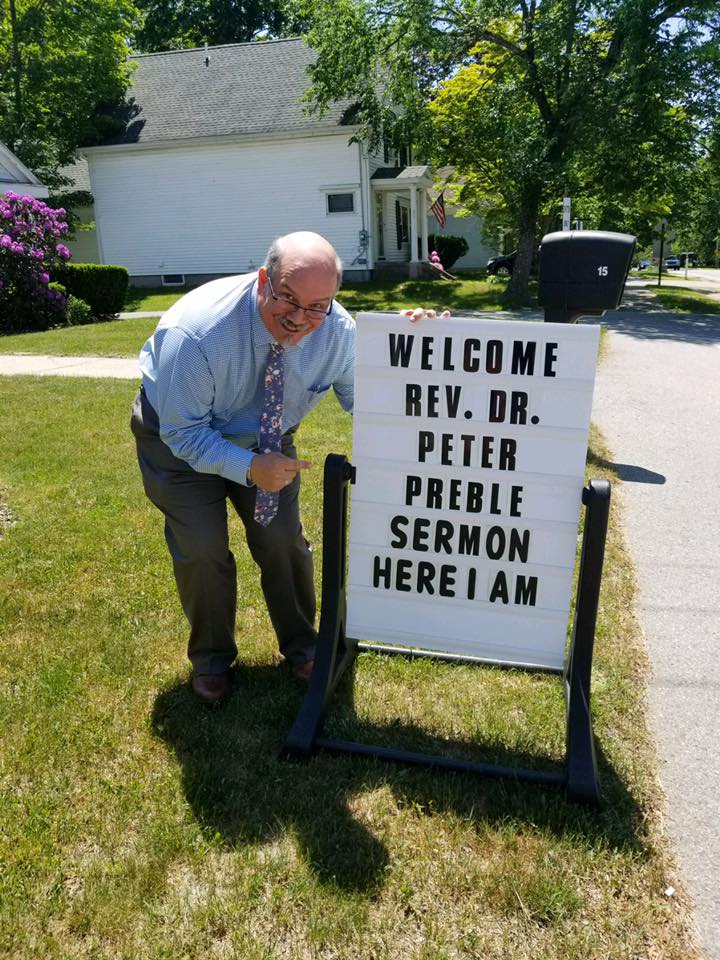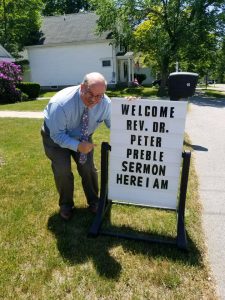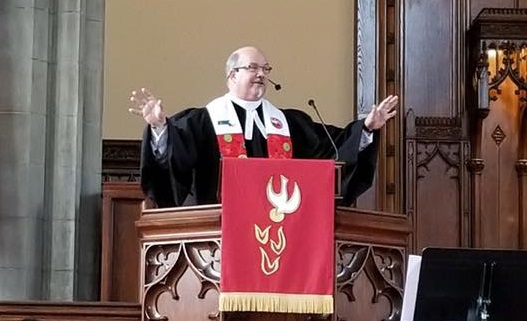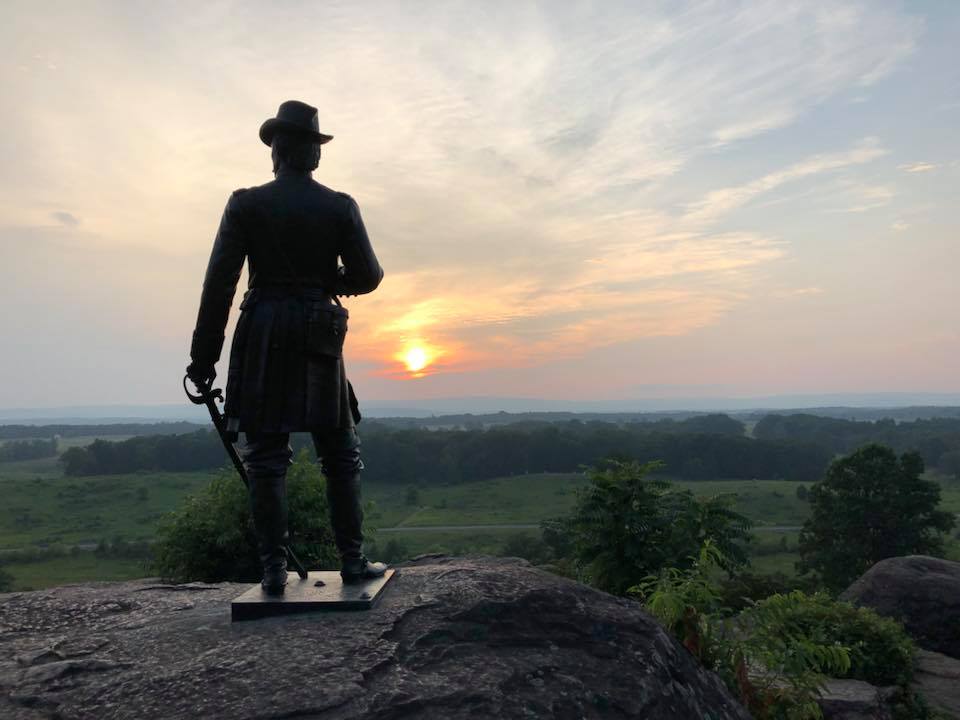
On Saturday, July 28, 2018, and article appeared in the New York Times concerning the 155th anniversary reenactment at Gettysburg and the decline in the reenacting hobby. Before reading this essay, take a moment to follow this link and read the New York Times article for context.
I am a relative newcomer to the world of reenacting. I started on this journey during the 150th-anniversary cycle where there was a lot going on in the world of reenacting. That first year was terrific, there were events all over New England, and I attended as many as I could. I portray a Union Army Chaplain and signed on with the 28th Massachusetts, a group that recreates the famed Irish unit from Massachusetts. I’m not Irish, but I chose this unit because they seemed to be the most organized unit around.
However, as the 150th anniversary of the end of the war had come and gone, many reenactors left the hobby. The Civil War trade sites on Facebook started to be filled with all sorts of gear that belonged to former reenactors that had either moved on to other time periods or were getting out of the hobby altogether, it was a rapid decline that continues today.
This past weekend, while at a living history event with the colonial group my wife and I reenact with, an article was published in the New York Times concerning the decline in the hobby. This decline was not news to those of us involved in the hobby as we have witnessed this over the last few years as I have already mentioned and, the article did not give any reasons; well It provided several reasons, but there is not one clear reason.
Before I continue, I do not think Civil War reenactors glorify war or glorify the antebellum south in any way. Most of the reenactors I know both have family connections to the war or a deep love of history and want to share that knowledge with the general public. Sure, some of us like to dress up, and for a few days of the year, we get to throw off the distractions of our 21st-century life and go back to a different time. I do not look upon those that reenact time gray, or butternut, as racists or anything of the kind, just a group of guys that love the hobby and love to tell the story.
In my opinion, one of the most overlooked reasons for the decline is the aging reenacting population. There are not a lot of young people joining the ranks of the hobby. I believe there are many factors to this two being available time and available funds. Reenacting take much time and much money if you are going to do it right and let’s face it, we all want to do it right. Sure one can find good used items out there, what I like to call the seasoned uniforms and other accouterments of battle, but those can still run into the thousands.
The article mentions the Confederate question, and I am sure the protests and other negative press have had some impact on the hobby but, the decline started long before those events. Reenactors, well most reenactors anyway, know that our brothers and sisters that portray the south are not racist, and as the article suggests, you cannot fight a battle, or tell the story of the Civil War, without both sides.
Until most recent times, the focus of reenacting was on the battle and camp life and stayed away from the political climate of the 1860’s and the reasons leading up the war. Today, more of that story is being told, and I do not think that is a bad thing. We are living historians, and we have a duty, to tell the truth, the whole truth, no matter how ugly it might be.
With all of that said, I think the current climate of protests and monument removal has had little effect on the numbers of people involved in the hobby, it might affect the spectators that attend events, but I do not think it has done much to diminish the ranks of reenactors.
To switch centuries for a moment, I also reenact with a Revolutionary War group, as I mentioned before, where I also portray a chaplain in the army. I seem to be typecast in these positions because I am a minister, but in my mind, I am saving money because I do not have to buy muskets….. As I write this my wife and I are preparing for a reenactment at Old Sturbridge Village in Sturbridge, Massachusetts. Red Coats and Rebels is the most significant Revolutionary War reenactment in New England, and it will draw about a thousand reenactors to the two-day event. Compared to Gettysburg and this year’s 6,000 reenactors it may seem small, but for a regional event, it is quite large. There has also been massive World War I and World War II events in recent memory and many Civil War reenactors, like my wife and I, reenact in multiple timelines.
Is Civil War reenacting dying? Perhaps a better way to describe it is there is a shift happening away from large national events to smaller events and more living history setups. We cannot overlook the time, and cost factor and new people have very little of both. So I think it will continue just not at the scale it once had, but, there is a need to continue to tell the story, the accurate story.



